

Crowdfunding is still a relatively new way to make a project happen, but it’s been around long enough to be tested. Thousands of projects have been put up, funded, and were then released, and many of them just happen to be video games. While most of the big-money titles, like Double Fine Adventure and Project Eternity have not yet been release, some small projects have made their way into player’s hands, and proven that crowdfunded games can be a hit.
Nerds the world over have waited for decades to enjoy a game based of Shadowrun, a pen-and-paper RPG that blends cyber-punk themes with good old-fashioned magic. While several console RPGs met with some success in the early nineties, their sales didn’t justify a sequel, and the Shadowrun shooter released in 2007 turned out to be a generic action game rather than an RPG. Fans of the franchise lost hope.
Enter Shadowrun Returns. Appearing out of nowhere in March of 2012, previously unknown developer Harebrained Schemes emerged on Kickstarter with both the will to build a Shadowrun game and the IP rights required to do it. Fans leapt on the project, donating $400,000 within 28 hours and driving it to a total of almost $1.9 million.
Some bystanders were skeptical because of the developer’s seeming lack of experience, but the game’s release in July silenced most critics. The game’s faithfulness to the pen-and-paper source does limit its appeal, but also delivered exactly what fans wanted. After rolling out on Windows, Shadowrun Returns has made its way to Android, Linux and iOS. An expansion, titled Dragonfall, is slated for release in January of 2014.
When it originally appeared Race The Sun, which sells under the tagline of “an infinite speed experience,” was a bit of a mystery. What was it? A racer? A puzzle game? A sheer adrenaline rush? As it turns out, a little bit of all three.
The game’s concept is actually quite simple. You fly some kind of plane-like thing through a field of objects with the sun on the horizon. Your craft is solar-powered, so you have to keep up with the sun – or die. That may sound easy, but the craft’s incredible speed and the dynamic, changing environments make progress difficult, to put it mildly.
Race The Sun as earned a lot of praise as a simple concept executed perfectly, which makes it easy to forget the game almost didn’t meet its goal. Things looked so desperate, in fact, that the The PA Report interviewed the developers about their seemingly inevitable failure. With five days left they had $16,000 to go (out of a goal of $20,000). Then, suddenly, gamers began to pledge, contributing $17,000 within five days – which just goes to show that Kickstarter miracles can happen.
When Kickstarter first started to make waves a large portion of its elevator pitch focused on the platform’s ability to help creators behind niche projects connect with their fans. All of that was quickly forgotten once games started to fund for millions of dollars, but that doesn’t mean the sea of crowdfunding dollars has no room for small fish.
Kentucky Route Zero is the perfect example. An episodic adventure game about a truck driver’s journey across a fictional “secret highway” in Kentucky, is reminiscent of old-school adventures but with also embraces the benefits of modern graphics, sound and gameplay. In other words, it’s exactly the kind of game big publishers no longer care to produce.
As an independent franchise, however, KRZ was able to connect with a few fans interested in something different, and the first episode went on to receive an impressive combined score of 81 on Metacritic. That’s better than most launch titles for the PlayStation 4 and Xbox One!
Broken Sword is a franchise of heavily story-driven adventure games that got its start in 1996 with Broken Sword: The Shadow Of The Templars. Many titles of the era were interested in blending gameplay with Hollywood-quality writing which, in most cases, came off as ham-fisted and dull. Broken Sword took a more serious approach, placing its emphasis on plot and pacing rather than one-liners and pranks. There result was a hit that carried four games but eventually ran out of steam in 2006.
The game’s developer, Revolution Software, never gave up. In 2009 the studio had success re-making the first two Broken Sword tiles for iOS, proving that there was still demand even if major publishers couldn’t see it. When Kickstarter appeared, the studio quickly put together a project, which went on to nearly double its $400,000 goal.
The resulting game hasn’t received universal praise, but fans of the series looking for another colorful, intriguing mystery have praised The Serpent’s Curse for keeping true to the franchise’s roots while also modernizing it with better graphics, art direction, sound and overall production. This is arguably Kickstarter working at its best; a developer of a game with an established, but niche, audience connecting with fans to make a seemingly impossible project real.
Mobile games are great, but they also have a reputation for boring mechanics that can become dull within a few hours – or even minutes. Star Command landed on Kickstarter with a promise to fix that via an epic space-adventure/action-RPG, and would-be players were eager to hand over $36,967 for the chance to play it.
Major delays and the need for a second Kickstarter to raise additional funds (an extra $150,000 by the time it closed) raised concerns, but Star Command finally shipped to iOS in May, and an Android version launched in September. While some fans were unhappy with features hinted at during the original Kickstarter, like exploration and away missions, most reviewers gave the finished product high marks as a hectic, sometimes demanding space-combat simulator.
Unfortunately, the problems that appeared during the game’s development may have burned out the project’s team. The promised PC and Mac versions are still missing in action and no release dates have been set. Let that serve as a warning. Projects you support will probably be created, but there’s no guarantee that the end product will be exactly what you expected.
These five games have managed to successfully fund and release through Kickstarter, proving that crowdfunding can work. Yet there’s also a conspicuous lack of big-name releases here. None of the top ten most-funded video games on Kickstarter came out this year, and some aren’t even in beta. Small projects can obviously work, but we’ll have to wait until 2014 to see if the most anticipated titles live up to expectations.
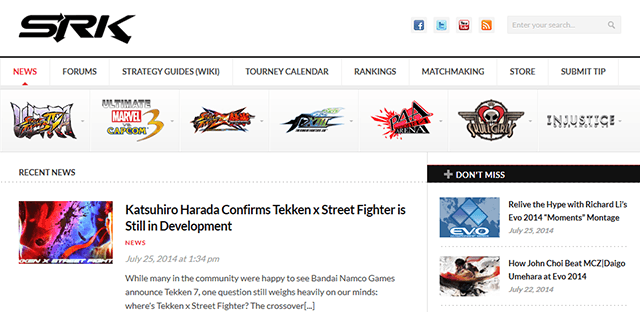
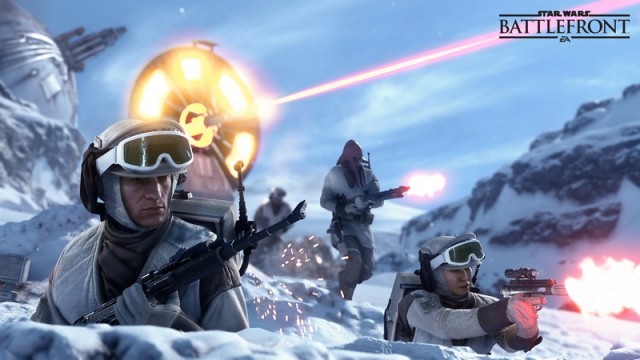


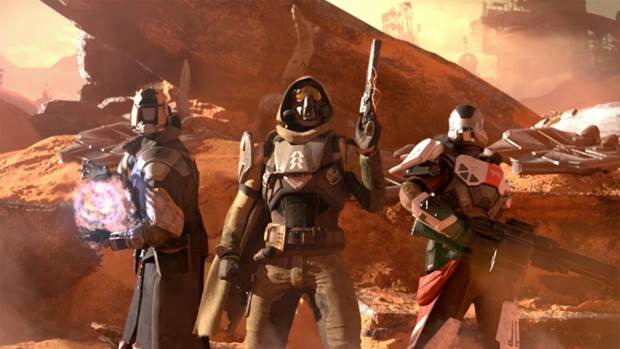 Destiny Guide
Destiny Guide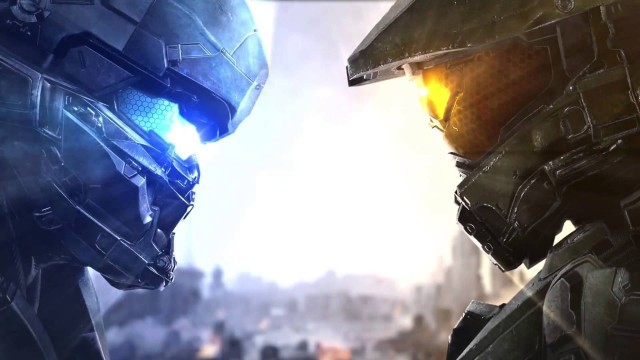 Halo 5: Guardians Guide To Skull Locations
Halo 5: Guardians Guide To Skull Locations Tips and Tricks for Watch Dogs Decryption
Tips and Tricks for Watch Dogs Decryption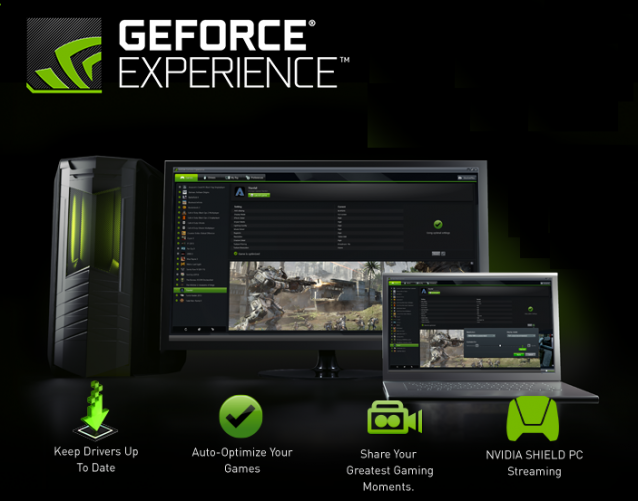 Why Im Not Concerned About Nvidia Putting Game Ready Drivers Behind An Email Registration Wall
Why Im Not Concerned About Nvidia Putting Game Ready Drivers Behind An Email Registration Wall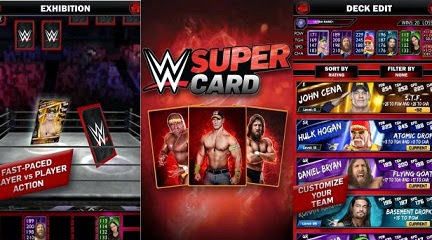 WWE SuperCard (Android) Quick Tips
WWE SuperCard (Android) Quick Tips